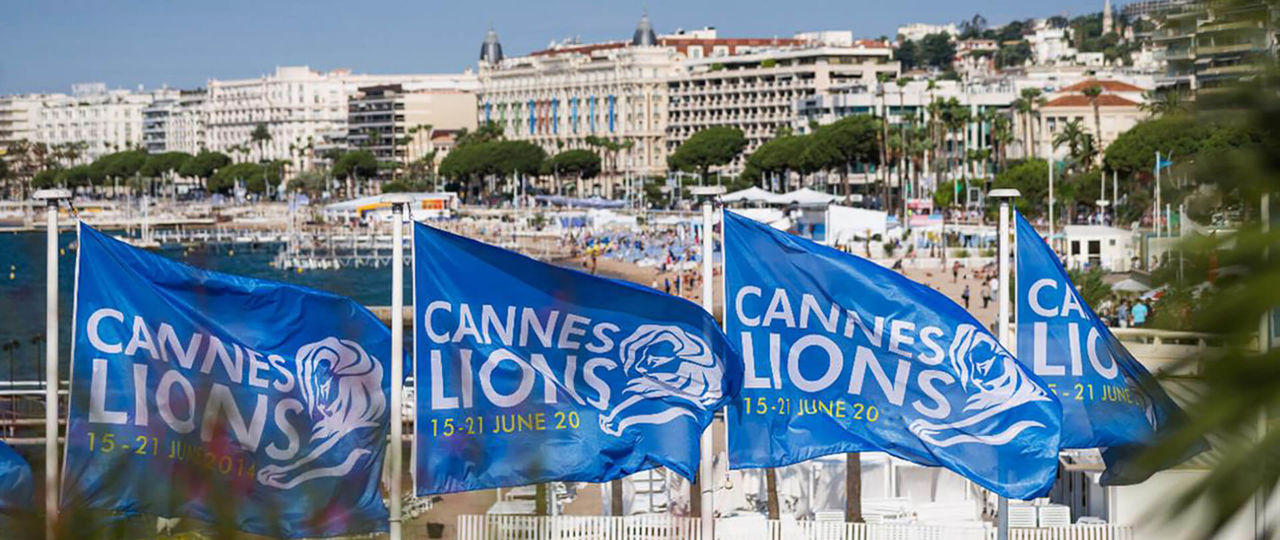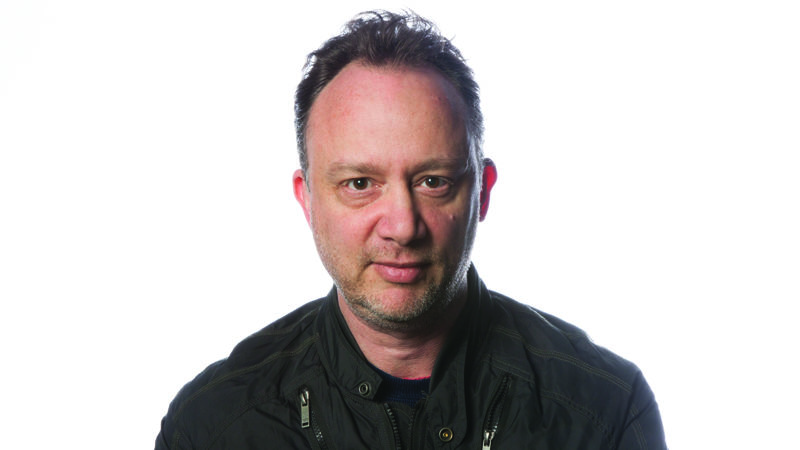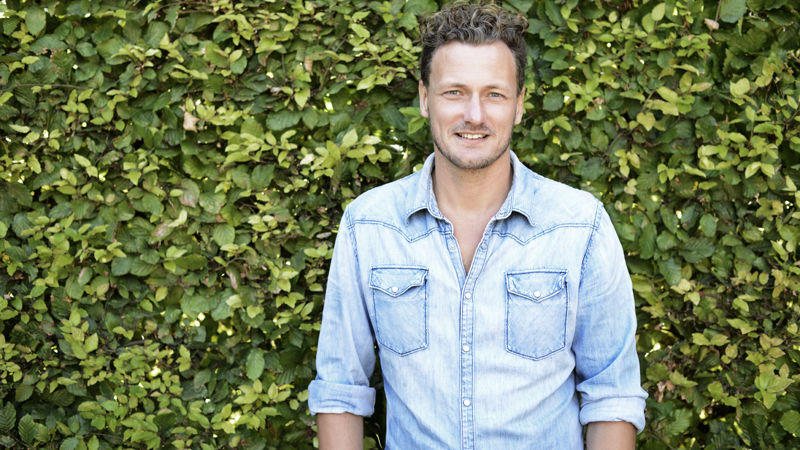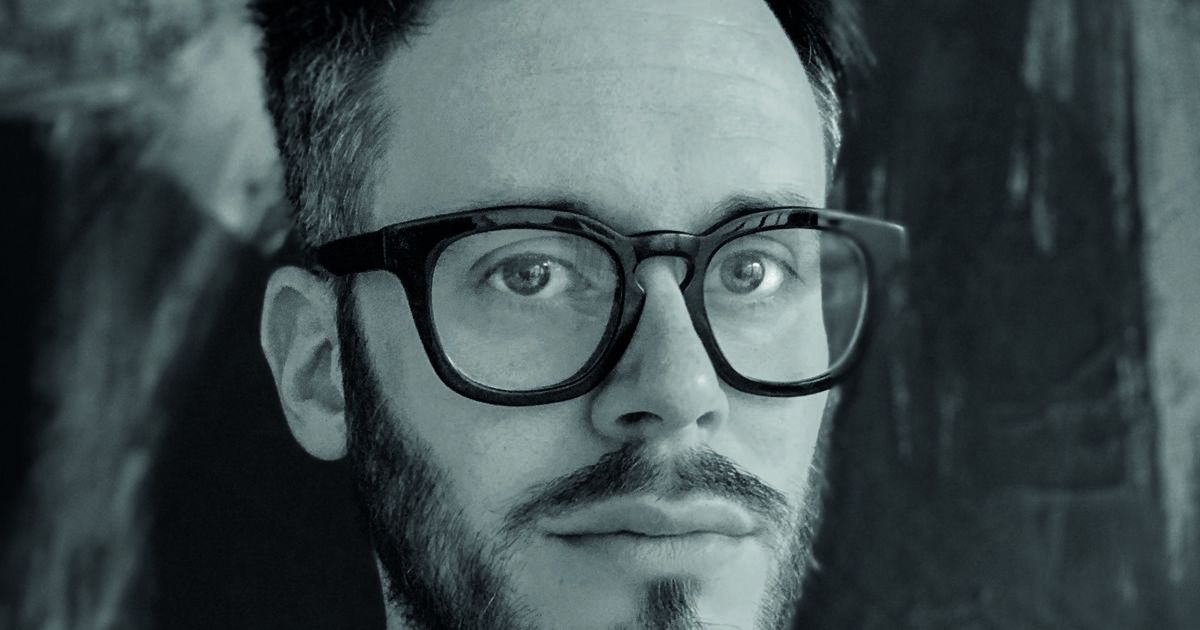Simon Cook: Evolving Lions
Cannes Lions’ new MD, Simon Cook, tells Kate Hollowood what’s new for 2019, and how an industry giddy from change requires an awards show that responds to feedback and evolves.
The buzz along a baking Croisette, the glistening yachts and the sparkly lunchtime rosés seem a million miles away when I meet Simon Cook, Cannes Lions’ newly appointed MD, on a disappointingly grey afternoon in April.
We’re trying to demystify the judging and let people see behind that curtain.
Previously the company’s VP, Creative Excellence, Cook has quickly climbed the ranks after joining from an agency role more than 10 years ago. Cook hopes that like last year, following the cap on work being entered for more than six Lions, this year’s awards will celebrate a diverse array of campaigns: “It was nice in 2018 to see very distinct, discipline-specific pieces of work winning, rather than one great campaign picking up multiple Grands Prix. I think we’ll also continue to see the humanisation of tech. Plus, politically there’s a lot going on and that will be reflected in the work.”

New big cats on the block
2019 will also mark the launch of two new Lions. The Creative Strategy Lion commends the most forward-thinking work, while the Innovation, Glass and Titanium Lions will require teams to present their work live. “We’re trying to demystify the judging and let people see behind that curtain, because those discussions and the actual presentations themselves offer some of the best content of the festival,” says Cook.
It’s important that we retire awards as we introduce new ones. It reflects the continually evolving industry landscape.
The Entertainment Lions for Sport has been created in response to last year’s Entertainment jury, who said that they struggled without experts in the room and that the quality of the work could warrant a separate category. “Sport is embedded within culture,” says Cook, who compares it to when they created a separate category for music in 2016, which had also previously been part of the Entertainment Lions. “Just like music, sport is a religion for a lot of people,” says Cook.
As these two new awards have been added, the Lions team has closed the Product Design Lions, which they found overlapped with the Innovation category. “It’s important that we retire awards as we introduce new ones. It reflects the continually evolving industry landscape.”
Cannes Lions has always made changes to the festival in response to suggestions from its community. As advertising channels have proliferated, so have the awards categories. When the Press & Outdoor Lions launched in 1992 some considered it was “the worst thing that had ever happened”, says Cook, but the festival has always been about change.
The progressive, savvy brands are starting to utilise Cannes as a learning platform for them and their teams.
As the kind of work being awarded diversified, so did its attendees. Since the Innovation Lions launched in 2013, the festival has has seen a steady increase in delegates from the tech world. The arrival of companies like YouTube, Facebook and Spotify initially sparked criticism. Some complained the festival had become a tech show, while others fretted that the platforms were taking over beaches along the Croisette.
The new guests and awards have diluted the concentration of craft, leading many to question whether Cannes Lions has moved too far from its creative roots. This feeling hasn’t been helped by an increase in more corporate delegates: the brands themselves. Cook credits the shift to ex-P&G CMO Jim Stengel, who brought 20 of his staff along to the festival around 15 years ago.
There are many brands that are yet to discover that if they raise the creative bar, good things happen commercially.
While agency attendees were initially somewhat irked when their clients turned up at their jolly, over time they have come to realise the benefits of having them there. The festival can help brands wake up to the role creativity can play in transforming their business, hopefully making it easier for agencies to sell more courageous ideas to clients. “The progressive, savvy brands are starting to utilise Cannes as a learning platform for them and their teams,” says Cook. “They’re coming into the Palais and asking us for more detailed itineraries and using it as a springboard for activity for the rest of the year.”
The year starts here
Rather than being solely a celebration, the festival is now as much about learning and looking forward. “More and more people are coming to view Cannes Lions as the start of the creative year, rather than the culmination,” says Cook. He wants the festival to continue to find new ways to help businesses tap into creativity: “There are many brands that are yet to discover that if they raise the creative bar, good things happen commercially.” He asks me if I think the festival has lost its creative core, not in a way that suggests he thinks it has, but because inviting feedback is just the way the Cannes Lions team do things.
If you decide that your Cannes experience is going to be hobnobbing and drinking on the beach, then that’s exactly the experience you will have.
After telling him I don’t, but I’ve only been once, he says: “I see creativity as a definition that we need to extend, because it can come from anywhere. In 2019, it’s about creative problem solving. Plus, if you decide that your Cannes experience is going to be hobnobbing and drinking on the beach, then that’s exactly the experience you will have. You have to come into the Palais to see how dedicated we are to creativity.” Forget the boats and the booze – we’ll see you inside.
)




 + membership
+ membership








